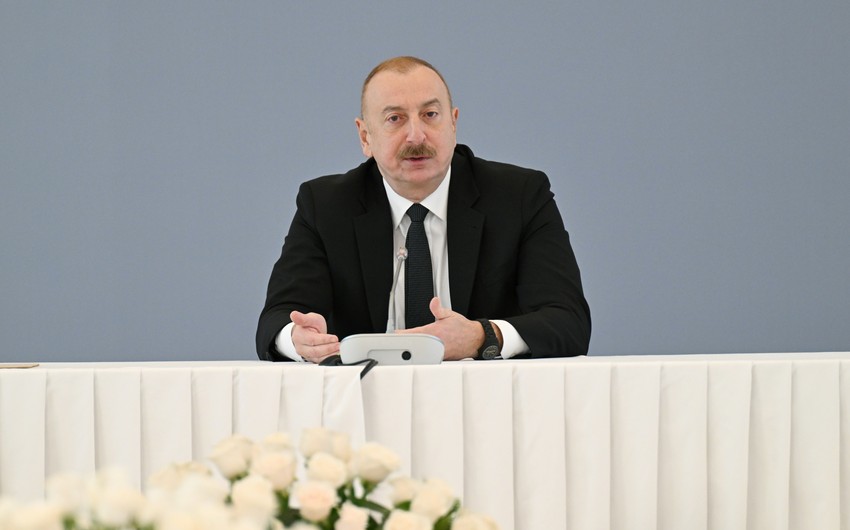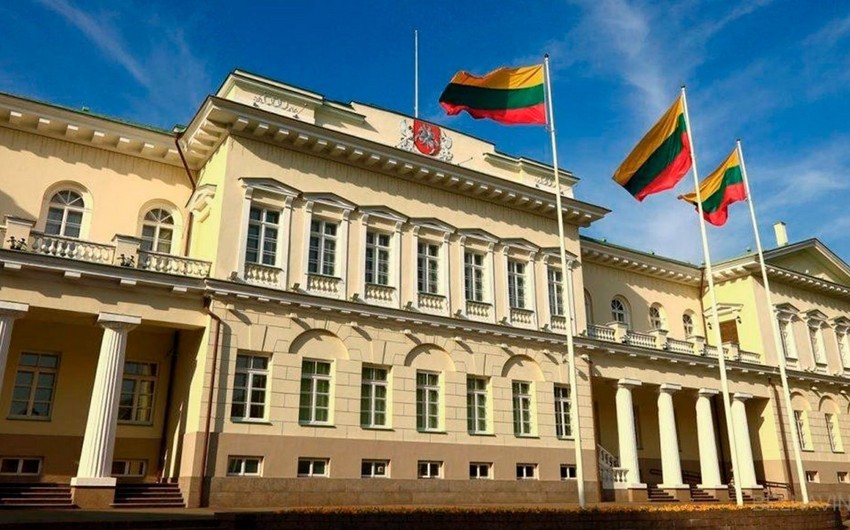Rajni Devi liked school and had big dreams. She was not going to end up like so many other girls in India: married off as a child bride.
Rajni was 14 years old when her mother told her she must get married, but she refused. She was determined to stay in school, and she wasn't ready to be a mother yet.
However, for a girl in rural India, it wasn't as simple as just saying no.
According to UNICEF, India has the highest number of child brides in the world, with about 17 million children between the ages of 10 and 19 in the country who are married.
This despite the fact that child marriage in India was officially outlawed in 2006. And earlier this year, in an attempt to protect child brides, India's Supreme Court ruled that sex with minors was considered rape.
Despite these laws, poverty, concerns over security, and cultural and social norms often drive families and communities to continue the practice, experts say.
But Rajni fought back.
She fought hard. She spent weeks fighting, reasoning with and coaxing her parents. Every day, she told them she didn't want to get married. She'd rather die than get married, she said. She reminded her mother of her own struggles as a teenager spent married and bearing children.
Eventually, Rajni's parents gave in.
But their daughter had only just begun. She was determined to change things, not just for herself, but for other girls too.
In the months that followed, she stopped five other child marriages in her community. She coached the girls in her small village, Fateh Nagar, in Uttar Pradesh, on how to intervene and talk to their parents.
She told them that they could get an education and achieve dreams beyond marriage.
"When my marriage was stopped, it gave me courage," she says.
Self-empowerment
Rajni, now 18, has used her courage to help a generation of girls in her village stay in school and avoid marriage.
She has won honors and acclaim for her efforts and now leads a self-help and empowerment group of twenty girls in her village.
Rajni spoke to CNN at a training camp for recipients of the Girl Icon Fellowship, a prize she was awarded by the Milaan Foundation, a nonprofit organization that gives promising teenage girls a two-year fellowship which helps them drive change in their communities.
Rajni explains why child marriage is so embedded in Indian society by telling her own story.
"I didn't know much about what happens after getting married," Rajni remembers.
She was in the middle of her eighth grade exams when she found out her parents planned to get her married.
She had never met the boy she had been promised to, she knew nothing about him. "I found out that my grandfather, my father, and my brothers — all of them had gone to see the boy," she says.
Her mother "accepted child marriage as a done thing, how the world worked," Rajni adds.
Her mother was married when she was 11 years old. For many elders in her village, the optimum time for a girl to be married is before she hits puberty, "the younger the better," says Rajni.
For Rajni's family, poverty played a major part in wanting to marry her off. "My family's financial condition was very bad," she says, "And the more a girl studies, the more she grows up and the older she gets... the higher her dowry is."
In India, where the practice of giving a dowry -- in which a bride's family must pay the groom's family -- is widespread, despite being outlawed.
There was also the matter of honor: the older a female child gets, the more people in her village worry that she'll bring dishonor or shame to the family if she remains unmarried, Rajni says.
NGOs working to end the practice of child marriage agree with Rajni's analysis.
"Once a girl is married off, she's her husband's responsibility. Then there's no risk to her reputation," says Shailja Mehta, the Associate Director of the Adolescent Collaborative at DASRA, an organization that works with NGOs across India on issues including child marriage.
"If you speak to a lot of families, it's about securing the future of a girl. Once you marry her off, she's secured in another family. She's achieved a particular status," according to Mehta.
"It's also because of the insecurity, because of a girl and her increasing sexuality... let me get her married off so she's in a safe structure of marriage," she adds.
Worldwide problem
The global statistics on child marriage are troubling.
"More than half of girls from the poorest families in the developing world are married as children," says Shipra Jha, head of Asia Engagement at Girls not Brides.
"Where poverty is acute, families and sometimes girls themselves believe that marriage will be a solution to secure their future," she adds.
Giving a daughter in marriage allows parents to reduce family expenses by ensuring they have one less person to feed, clothe and educate, according to Jha.
However, even basic infrastructure issues like a lack of safe travel routes can catalyze a family decision to marry off a young girl.
Many rural villages don't have secondary schools, and parents worry about teenage girls traveling long distances to get to secondary schools or colleges, says Dr. Ashok Dyalchand, director of the Institute of Health Management Pachod, an NGO that runs multiple programs aimed at ending child marriage.
"If there were schools in villages, if there was secure transport... I am quite sure that large number of parents wouldn't get their girls married off so early," he adds.
While child marriages are often seen as a way to ensure financial stability and security for a girl, the reality is often more complicated.
According to Dhuwarakha Sriram, child protection and adolescent specialist at UNICEF India, the effects of child marriage can touch every part of a girl's life: from her economic welfare to her health, fertility, educational attainment and labor force participation.
"Educations often ends with child marriage," says Jha. "It often means the end of girls' formal schooling and the start of their life as a wife and mother, which can have a profound impact on their physical and emotional health -- especially if they fall pregnant at an early age."
And the impact of childbirth on a young body can be dangerous for both the mother and the baby. According to the World Health Organization, the child mortality rate is 50% higher for babies born to teenage mothers as opposed to women in their twenties, and pregnancy-related complications are the second leading cause of death for 15 to 19-year-old women.
But thanks to Rajni things are changing, at least in her village.
The teenage girls of Fateh Nagar have mobilized. If they hear a girl is going to get married, they talk to her father and to her uncles about the dangers. They remind mothers of the early years of their own child marriages and they try to convince brothers to help protect their sisters.
Everyday Rajni cycles 40 miles to get to college and keep studying. She has dreams of continuing her fight for justice for women and girls, and says she wants to become a police officer and open a school in her rural community.
"Earlier, you never saw girls left in the village...there were never ten girls over the age of 15," she says.
"But now, there are about 25 girls who are like me.... Now at least, I feel like there's a group of us girls. You see girls."

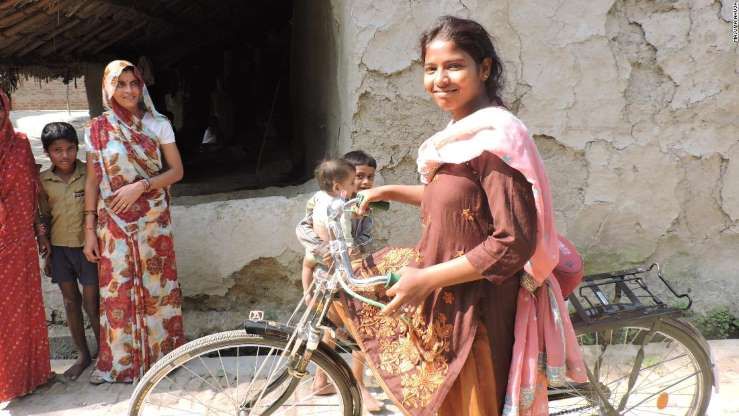



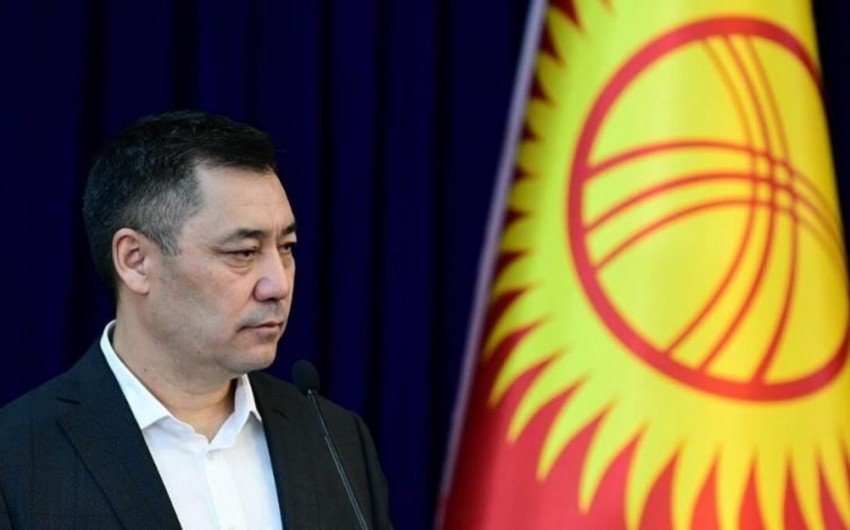
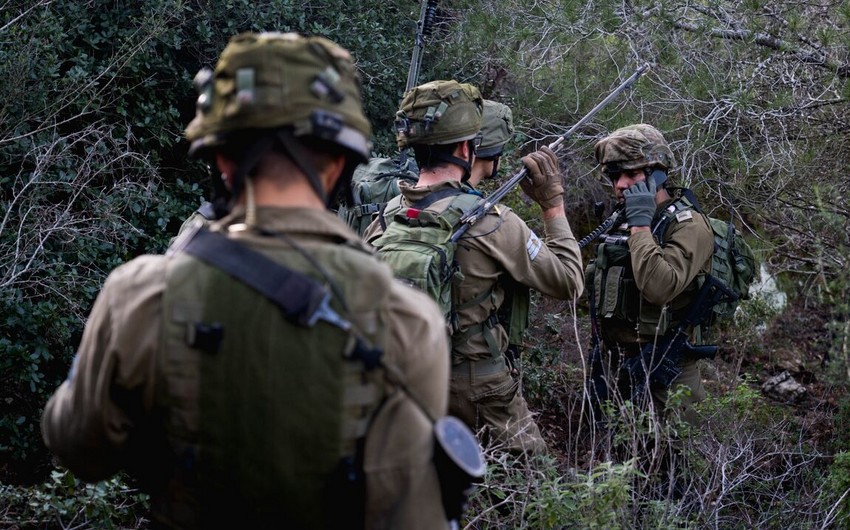
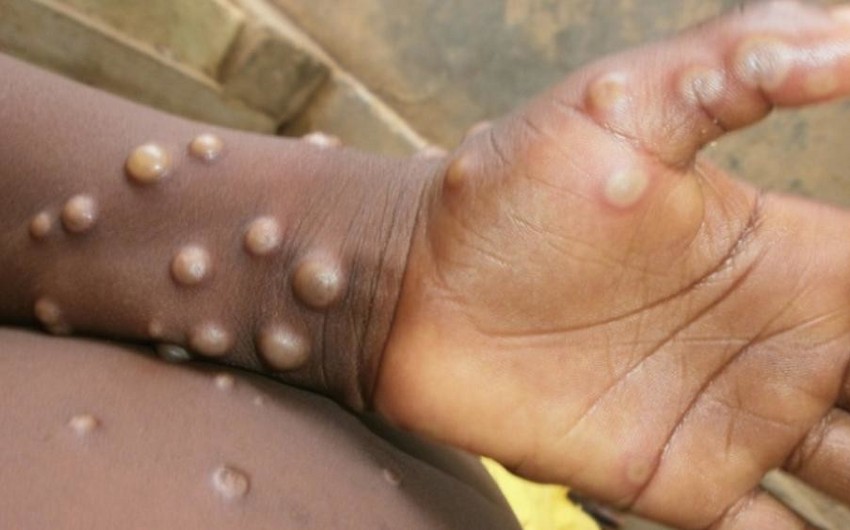
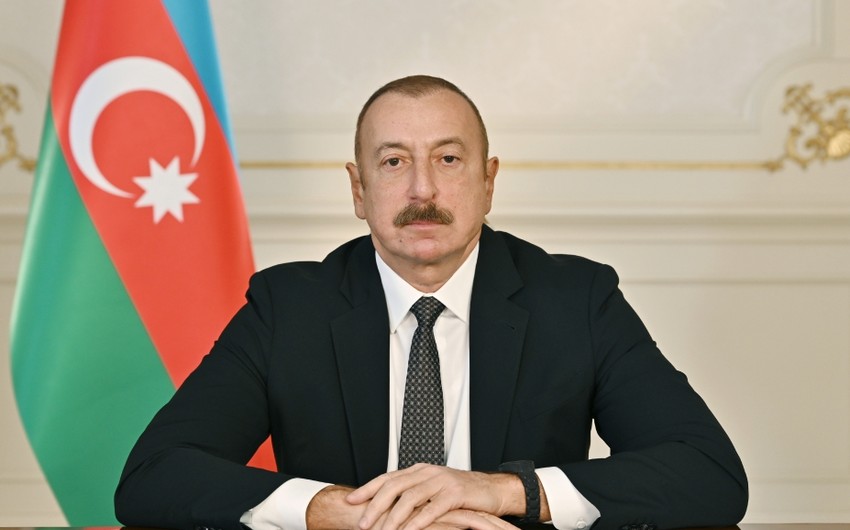
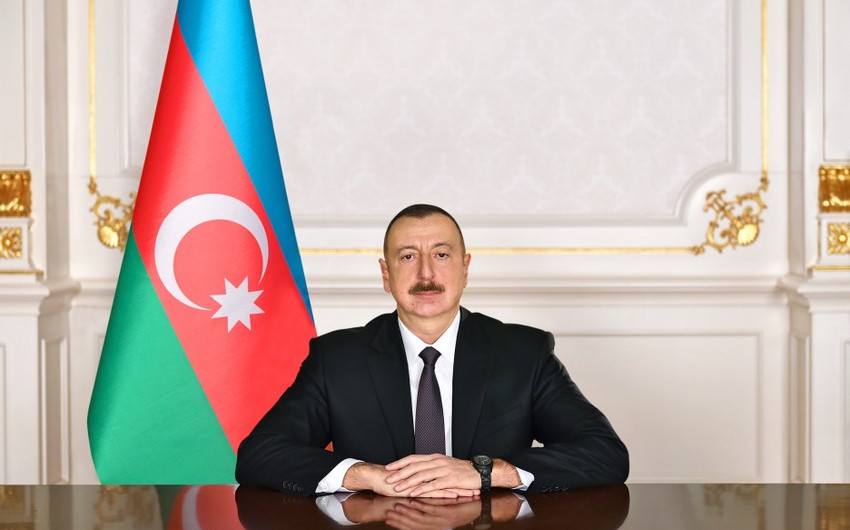
.jpg)

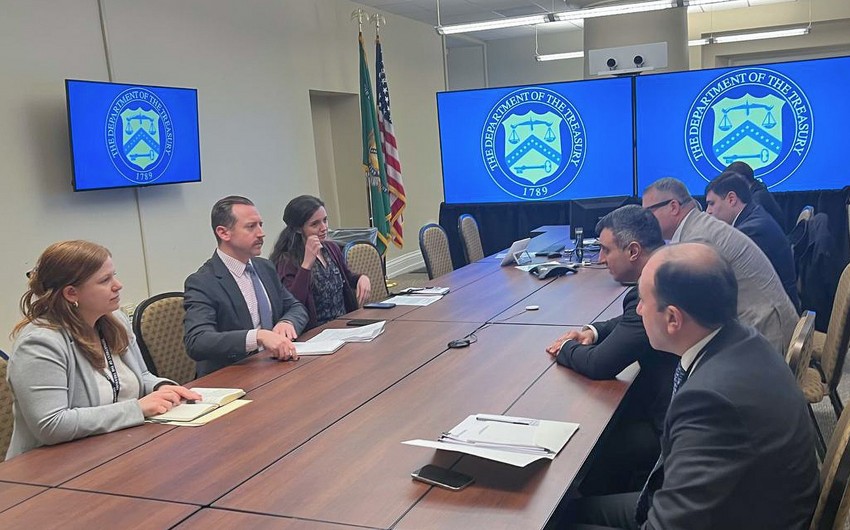
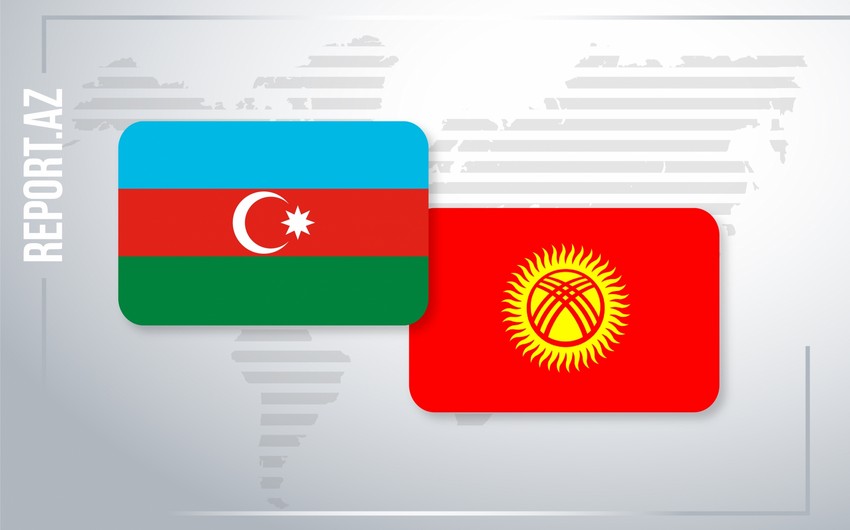

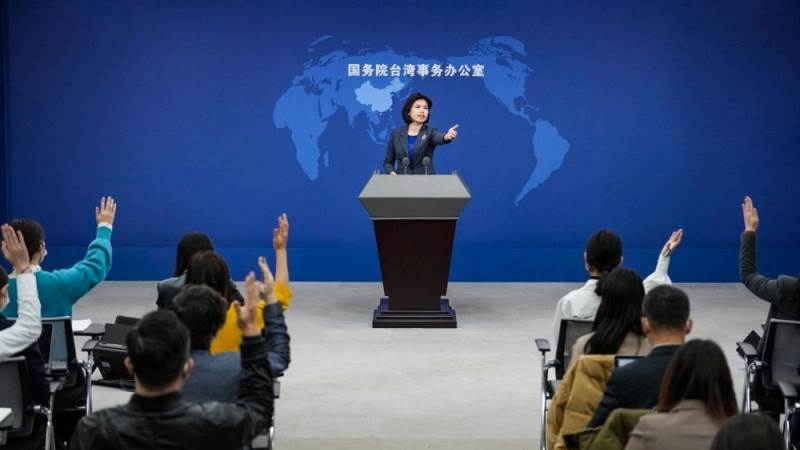




.jpg)
